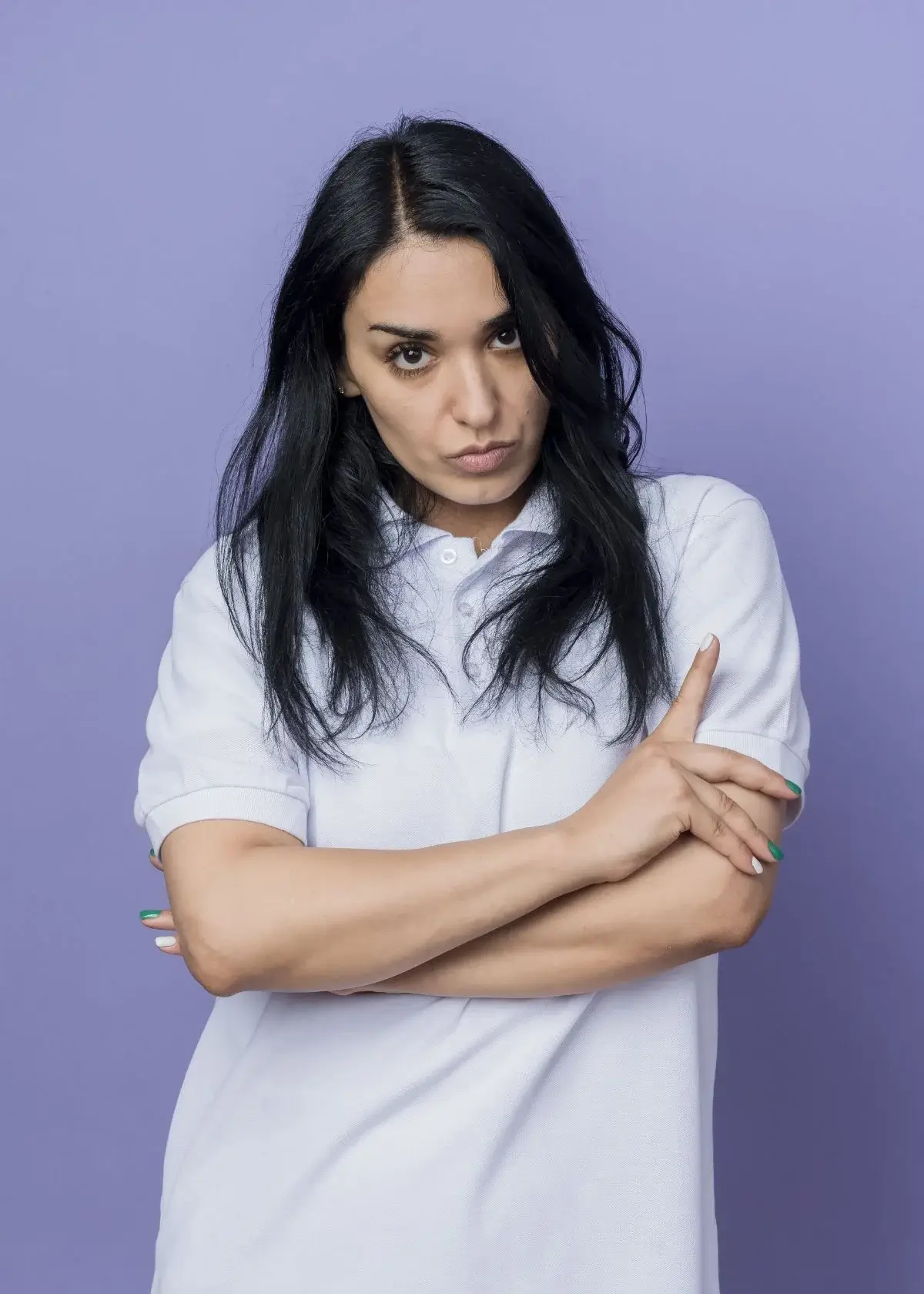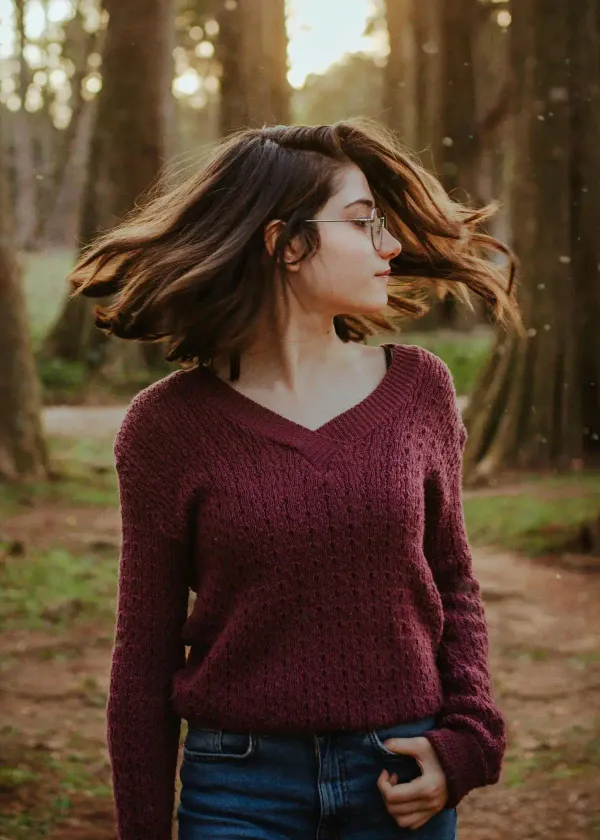Dealing with lice infestations can be a nightmare, especially for children. One of the most common methods of lice treatment involves using lice killing shampoo. However, parents often wonder if these products are safe for their little ones. In this blog post, we'll explore the factors determining the safety of lice killing shampoo for children.
Age Limitations
The first factor to consider when using lice killing shampoo on children is age. In general, most lice killing shampoos are safe to use on children over the age of two years old. However, you should always check the specific product label to ensure it's safe for your child's age. This is because some products may contain stronger chemicals that harm younger children.
Ingredients
Another important consideration is the ingredients used in lice killing shampoo. Most products contain chemicals such as permethrin or pyrethrin, which are generally safe for use in children. However, some organic alternatives may contain essential oils, which may cause an allergic reaction in some children. Always check the ingredients before using any product, and watch for potential side effects.
Application Process
The application process also plays a role in determining the safety of lice-killing shampoo for children. It's essential to carefully follow the instructions on the label, as some products may be harsh if left on for too long. Besides, you should avoid applying shampoo to broken or irritated skin, which can increase absorption and lead to adverse reactions. Always supervise your child during the application process to prevent accidental ingestion or contact with eyes.
Hair Type and Condition
The texture and condition of your child's hair can also affect the safety of lice-killing shampoo. Some products may be harsh on fine or curly hair, while others may not be effective on thick or oily hair. If your child has hair conditions, such as dandruff or a sensitive scalp, it's best to consult a healthcare provider before using any lice treatment products.
Prevention Strategies
Finally, taking preventive measures to avoid future lice infestations is essential. This includes avoiding sharing hats, combs, and other personal items, washing bedding and clothing in hot water, and regularly checking your child's head for lice. By taking these steps, you can avoid using lice-killing shampoo altogether.
Using lice-killing shampoo on children is generally safe if you take precautions and follow the instructions carefully. However, it's essential to consider your child's age, hair type, condition, ingredients, and application process before using any product. It's always best to consult a healthcare provider or pharmacist if you have any concerns. Taking preventive measures and being cautious when using lice-killing shampoo can effectively treat and prevent lice infestations in your children.
Put an end to those pesky head lice with our top recommendation for the best lice-killing shampoo. After thorough research, we have finally found the perfect solution to this itchy problem. This shampoo not only eliminates lice effectively, but it also leaves your hair feeling clean and refreshed. Say goodbye to the frustration of combing through your hair with a fine-tooth comb and the embarrassment of constantly scratching your head in public. It's time to regain control and confidence with the best lice-killing shampoo on the market. Don't wait any longer; click the link and try it yourself!
What are some natural alternatives to chemical lice-killing shampoos?
Natural alternatives to chemical lice-killing shampoos abound, offering practical, gentler approaches. One option involves using a fine-toothed comb to remove lice and nits from the hair. Applying olive or coconut oil can suffocate and loosen the lice, making them easier to comb. Some individuals also turn to essential oils like tea tree oil for its potential repellant properties. Home remedies such as vinegar rinses or mayonnaise applications have also been suggested. However, it's essential to recognize that the effectiveness of these alternatives can vary. It is advisable to consult with a healthcare professional or a certified lice specialist for severe infestations.
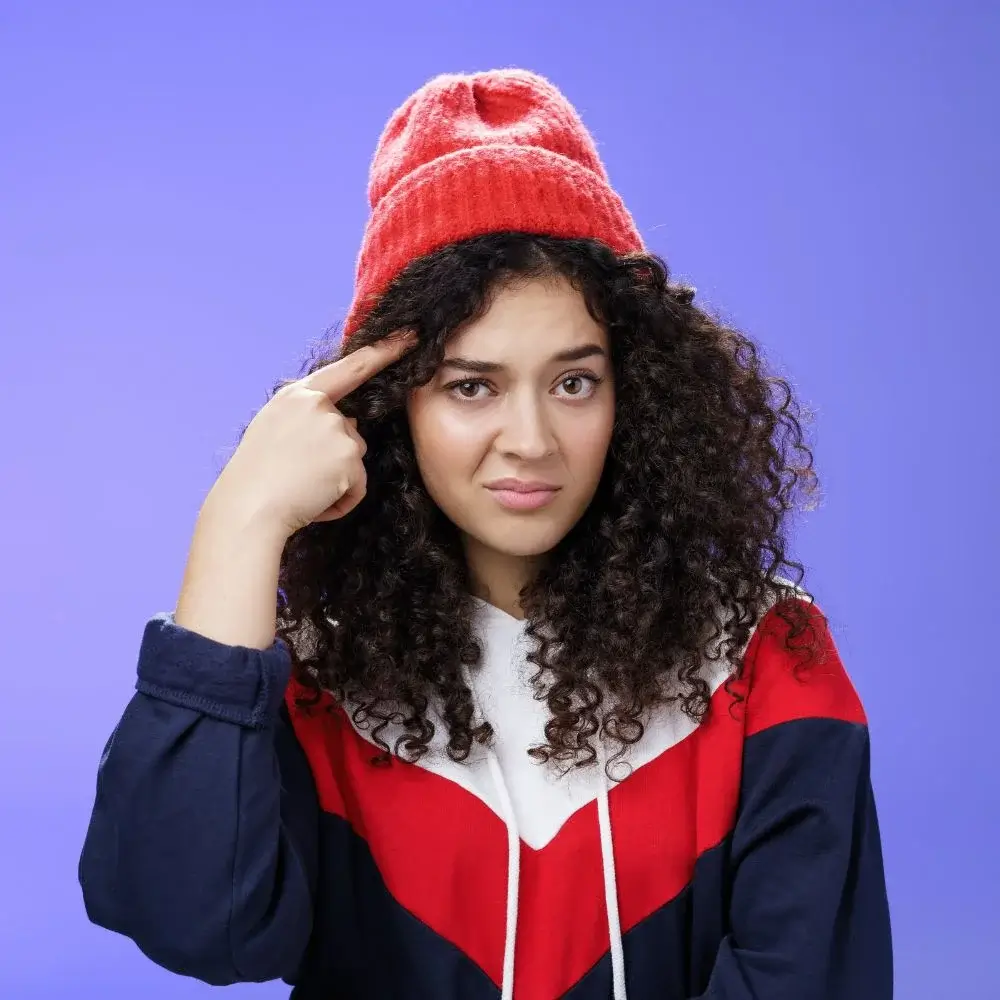
What is the recommended frequency for using lice-killing shampoo?
The recommended frequency for lice-killing shampoo hinges on the specific product's instructions. Typically, a single application should suffice to eliminate the adult lice. However, a second treatment may be necessary after 7-10 days to eradicate any newly hatched nits. It is crucial to follow the directions on the product label meticulously, as overusing lice-killing shampoos can lead to resistance development in lice. If there are any uncertainties or concerns, consulting a healthcare provider is wise for personalized guidance on treatment frequency.
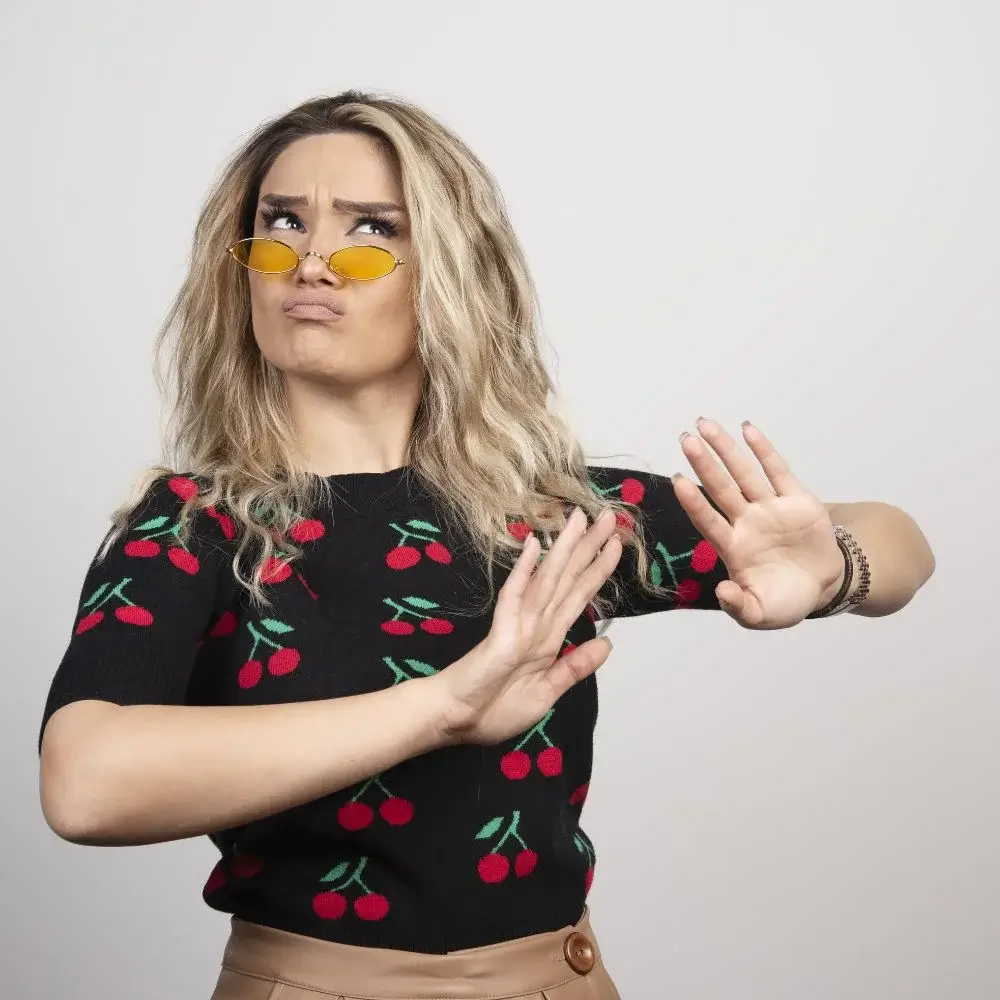
What are some common myths about lice treatment?
Lice treatment often comes with a slew of myths and misconceptions. One common fallacy is that lice infestations are exclusive to individuals with poor hygiene practices. In reality, lice can infest anyone, regardless of personal hygiene. Another prevailing myth is that lice can jump or fly; they cannot and are primarily transmitted through close head-to-head contact. There is a belief that natural remedies like mayonnaise or kerosene are more effective than scientifically proven treatments. However, these claims lack substantial scientific backing. Dismissing these myths is critical to implementing effective lice management strategies based on facts and evidence.

How do I choose between over-the-counter and prescription lice-killing shampoos?
The decision between over-the-counter (OTC) and prescription lice-killing shampoos hinges on the severity of the infestation. OTC shampoos are suitable for mild to moderate cases and are readily accessible. They are a convenient first line of defense. However, a healthcare professional may recommend prescription-strength options for more stubborn infestations or treatment-resistant lice. It's vital to heed their guidance, as stronger medications should be used under their supervision to avoid potential side effects. Besides, if allergies or sensitivities are a concern, discussing these with a healthcare provider can help choose a safer and more effective treatment option.
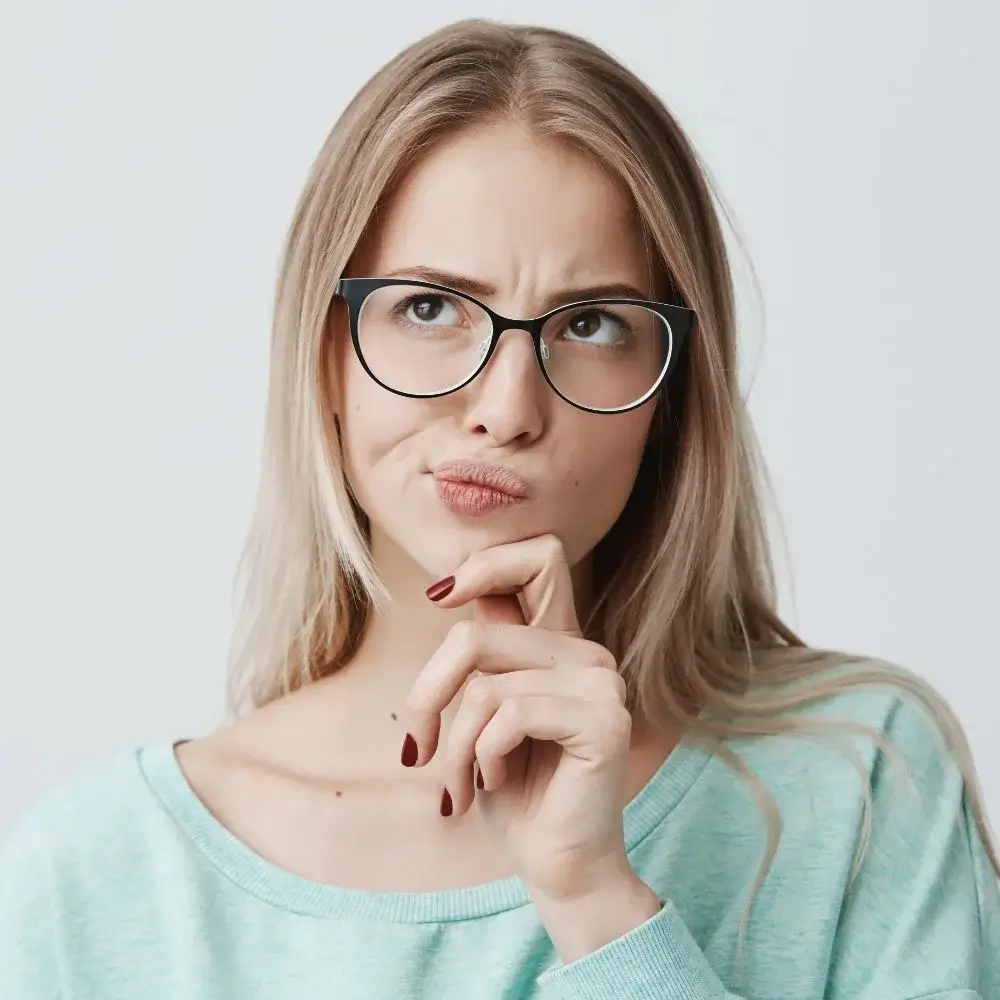
How does lice-killing shampoo affect individuals with allergies or sensitivities?
Individuals with allergies or sensitivities should exercise caution when considering lice-killing shampoos. These products typically contain active ingredients that may trigger adverse reactions in some people. To minimize risks, it is essential to meticulously read the product label for allergen warnings and conduct a patch review before applying the shampoo to the entire scalp and hair. If any signs of an allergic reaction, such as redness, itching, or swelling, occur, discontinuing use immediately is imperative, and seeking prompt medical advice is recommended. Sometimes, consultation with an allergist or dermatologist may be necessary to identify safer alternatives that won't exacerbate allergies or sensitivities.
Should I consult a healthcare professional before using lice-killing shampoo?
It is strongly advisable to consult a healthcare professional before using lice-killing shampoo, particularly if you have doubts about the infestation's severity or underlying health conditions. Healthcare providers can offer a thorough diagnosis, recommend a suitable treatment plan, and guide on selecting the most appropriate product. If there is a history of allergies, sensitivities, or concerns about the shampoo's safety, seeking professional advice is crucial to ensure a safe and effective lice treatment process. Remember that healthcare providers are your best resource for managing lice infestations effectively and responsibly, providing personalized recommendations based on your unique circumstances.


